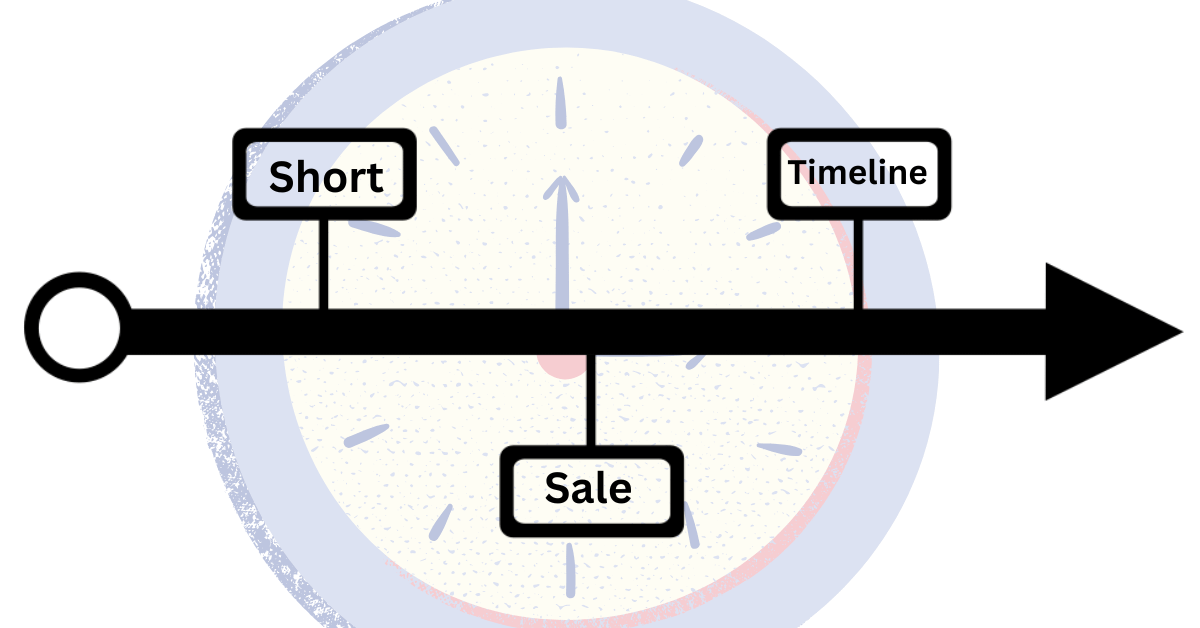Buying your first home is a monumental step, filled with excitement and anticipation. However, it’s also a complex process that can be fraught with challenges if not navigated carefully. As a seasoned realtor, I understand the importance of making informed decisions to ensure a successful home-buying experience. In this blog post, I will share valuable insights on avoiding common mistakes that first-time homebuyers often encounter.
- Underestimating Your Budget
One of the most significant mistakes you can make is underestimating the costs involved in buying a home. Beyond the down payment, there are closing costs, property taxes, homeowner’s insurance, and potentially HOA fees. It’s essential to work with a lender to get pre-approved for a mortgage and have a clear understanding of your budget before you start house hunting.
- Skipping Mortgage Pre-approval
Obtaining a mortgage pre-approval is a vital step in the home-buying process. It not only helps you understand your budget but also demonstrates to sellers that you are a serious and qualified buyer. Pre-approval can provide you with a competitive edge in a competitive housing market.
- Failing to Research the Neighborhood
The perfect house in the wrong neighborhood can lead to regret down the line. Research the neighborhoods you’re interested in thoroughly. Consider factors such as proximity to work, schools, public transportation, and amenities. Visiting the neighborhood at different times of the day can give you a better sense of the community’s dynamics.
- Not Considering Future Needs
While your current needs are essential, it’s also crucial to consider your future requirements. Are you planning to start a family? Do you anticipate a job change? Will you need extra space for hobbies or activities? Thinking about the future can help you choose a home that suits your evolving lifestyle.
- Skipping the Home Inspection
A home inspection is not an expense to skimp on. It can uncover hidden issues that might not be apparent during a casual walkthrough. Hiring a qualified home inspector can save you from unexpected repair costs down the road. Don’t be afraid to negotiate repairs or price adjustments based on the inspection report.
- Ignoring Resale Value
Your first home might not be your forever home. Resale value matters, even if you don’t plan to sell anytime soon. Trends in the real estate market can impact your property’s value, so choose a home in a location and with features that have a good track record of holding their value.
- Neglecting Additional Costs
Beyond the purchase price, there are ongoing costs associated with homeownership. These include maintenance, utilities, and potential renovations. Be prepared for these additional expenses when calculating your budget.
- Rushing the Decision
The excitement of buying your first home can sometimes lead to rushed decisions. Take your time to evaluate each property, weigh the pros and cons, and consult with professionals. Don’t feel pressured to make an offer on the spot—sometimes patience can lead to better choices.
- Not Having a Realtor
Attempting to navigate the complex home-buying process without professional guidance can be overwhelming. A skilled Orlando Realtor brings expertise, negotiation skills, and market insights to the table. They can help you avoid pitfalls and make informed decisions every step of the way.
- Getting Emotionally Attached Too Soon
Falling in love with a home is natural, but getting emotionally attached before completing due diligence can cloud your judgment. Keep a level head and consider all factors objectively before making an offer.
Conclusion
Buying your first home should be an exciting and rewarding journey. By avoiding these common mistakes and approaching the process with careful consideration, you can make confident decisions that set you up for a successful homeownership experience. Remember, a knowledgeable realtor is your ally in this process, guiding you toward making the best choices for your future. Happy house hunting!











